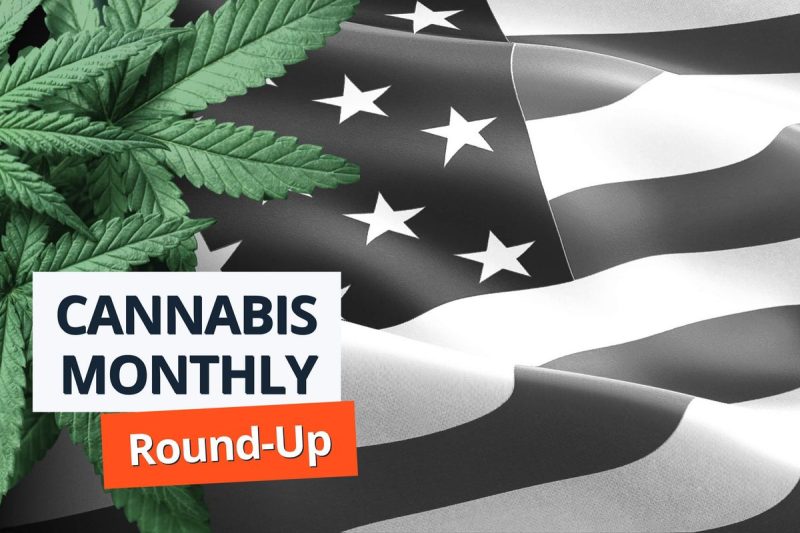In the poignant and ever-evolving world of cannabis, two significant themes have taken center stage. Firstly, the United States has officially set a date for hearings on rescheduling cannabis, a move that could have groundbreaking implications for the industry. Secondly, existing state markets have recorded notable growth, adding further evidence to the viability of cannabis as a profitable sector.
A major announcement from the United States Drug Enforcement Agency (DEA) confirmed a scheduled hearing, with the primary aim of discussing the possible rescheduling of cannabis under the Controlled Substances Act. The current classification of marijuana as a Schedule I drug has long been a bone of contention, but the fresh spotlight on potential reclassification creates a wave of promise for cannabis supporters.
As it stands, cannabis shares the Schedule I status with substances like heroin, implying a high potential for abuse and no accepted medical use. This scheduling has been seen largely as archaic, with a growing body of scientific evidence advocating the medicinal benefits of cannabis. With the announcement of the hearing date, an opportunity for more nuanced categorisation is on the horizon, which would potentially loosen restrictions on research and use.
Rescheduling cannabis would have a ripple effect, not least of which on legal and medical fronts. For one, descheduling or downgrading cannabis from its Schedule I status would ease barriers for scientific research and development of therapeutics. Moreover, the industry as a whole could benefit from easier access to traditional banking services, as well as the potential for tax deductions which are currently unavailable due to the federal illegality of cannabis.
On another front, looping back to the state markets, there has been notable growth in performance. This is particularly heartening in light of economic challenges and the ongoing pandemic. Even in adverse conditions, states have reported increased sales, indicating cannabis as a recession-proof industry. Illinois, for example, reported record-breaking sales, topping $100 million in April 2021. Other states like Colorado and Oregon have also consistently registered growth in their cannabis markets.
In a diversified landscape, differing strategies are being adopted across state markets. Some, like New Jersey and Arizona, have recently legalized recreational marijuana use, thereby broadening their market and opening up new revenue streams. Others, like Montana and South Dakota, are in the nascent stages of structuring their legal cannabis market after successful ballot measures.
One core aspect that underscores this growth is the shift in consumer behavior, with many turning to cannabis thanks to its therapeutic benefits, especially in managing stress and promoting sleep in these troubled times. Coupled with the potential easing of federal regulations, this trend provides a steady foundation for the future growth.
To sum it up, the imminent hearing on cannabis rescheduling and the growth of state markets are rewriting the cannabis narrative in the U.S. While progress has been steady rather than swift, these developments represent significant milestones. The actual rescheduling of cannabis and subsequent policy changes is, of course, speculative. Nonetheless, the steps being taken are constructive and they are painting an increasingly optimistic picture of the future of the cannabis industry in the United States.











